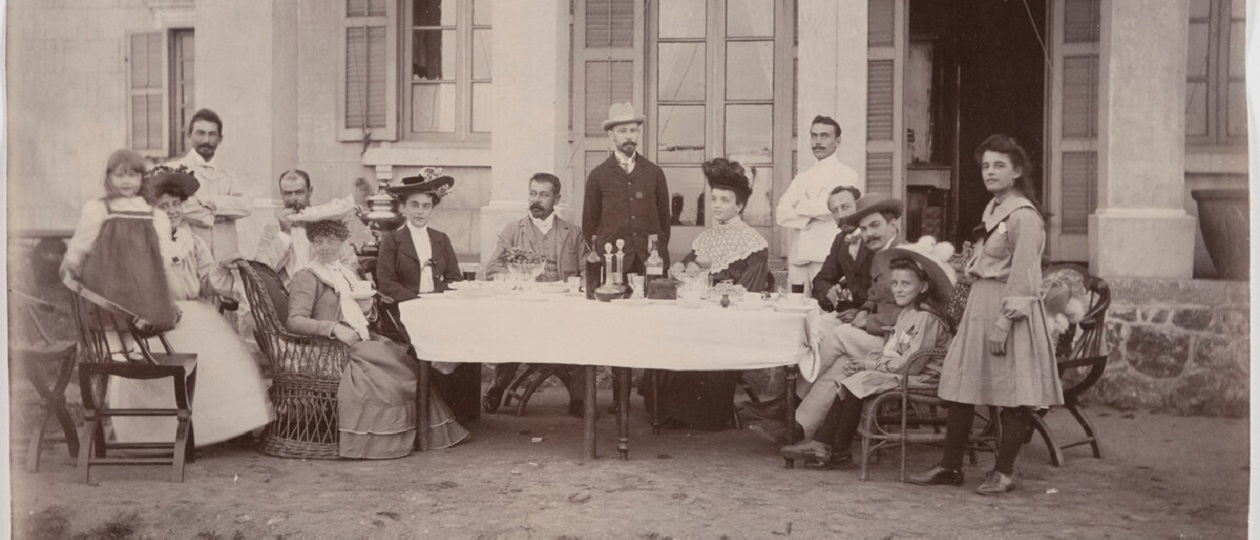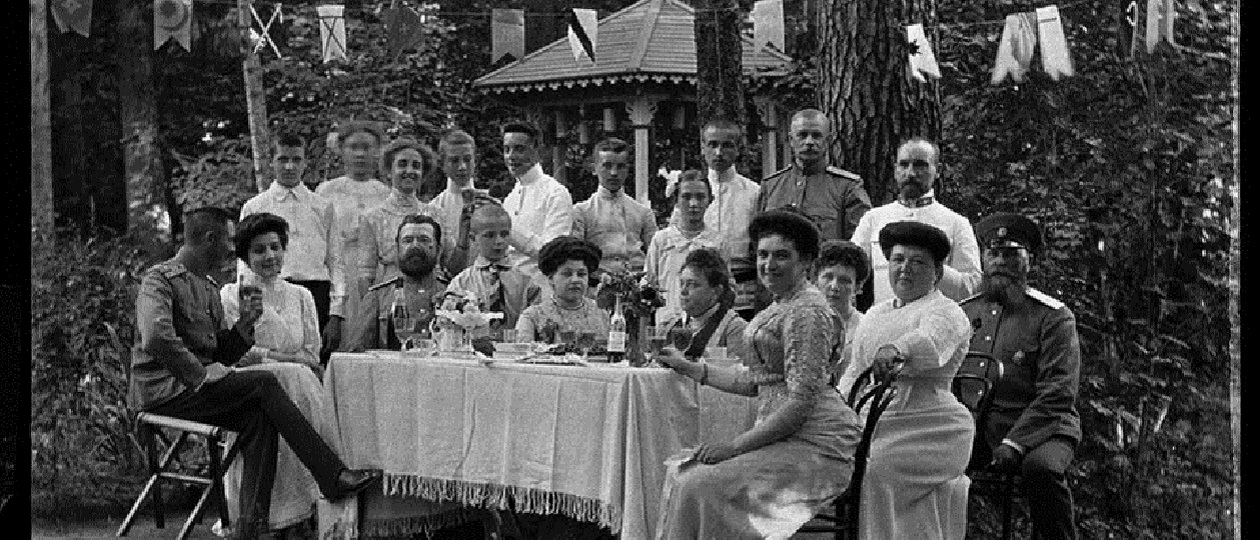
Dacha is a unique phenomenon of Russian culture. This concept has entered into different languages without translation, which only emphasizes its uniqueness. Dacha is a city dweller’s way of life outside the city or in the countryside.
Dacha as a phenomenon appeared in Russia at the beginning of the 18th century, during the reign of Peter I. Initially, these were plots of land near St. Petersburg that the tsar granted (gifted) to his confidants, thereby ensuring that they were not in their estates scattered around the country, but near the capital, always close to it.
Over the following centuries, the image of the dacha, its format and characteristics changed many times. From an aristocratic country house, the dacha turned into a utilitarian home. But its key feature has always remained unchanged: the dacha is a city dweller’s second home for life outside the city.
Dacha was born as a kind of antithesis to the urban way of life. There is a different way of life here, everything is not like in the city. Of course, the most striking difference from city life is close contact with nature. This is an amazing phenomenon of dacha life. In the city, you can go to the park and touch the trees, listen to the birds, walk on the grass. But this will always be a different contact with nature than at the dacha.

The dacha is unique in its silence. Silence filled with the sounds of nature. After the city noise, this acts in stunning contrast. I hear the rustle of tree leaves from the blowing wind, the cry of a cuckoo somewhere in the distance and many other sounds that are drowned out in the general cacophony in the city.
But the most amazing thing is the visual effect. The eye rests. We enjoy the view of trees, grass, flowers, etc. It would seem that in the city there are also trees and grass, but there they are in the minority against the background of buildings and streets, and at the dacha there is no familiar urban entourage.
Probably, this is one of the most important properties of the dacha – a change of context. It is important for us to change the usual rhythm, the view from the window and the air. The air itself is, of course, very important. At the dacha, you breathe it in more freely, and get real pleasure from such a simple thing as breathing.
A dacha is a time for rest. Rest can be short-term on weekends or longer, and can be seasonal. We get tired of the city, its rhythm. The city puts pressure on a person, affects his psyche. The city is aggressive to one degree or another. A dacha is a place of relaxation, an alternative environment to the city.
Can another format replace a dacha? Is camping an alternative format?
Recently, a format called glamping has become popular. The concept of glamping first appeared in the UK in 2005. Since 2010, luxury camping has been actively developing around the world. Glamping has its roots in the culture of hunting or safari, and is therefore very different from a dacha.
The only thing these formats have in common is that it is a vacation in nature, but the ideology and philosophy are different. Glamping is based on the culture of travelers, hunters and conquerors of nature.
A dacha is a leisurely life of a city dweller outside the city, with tea drinking on the veranda, reading books and contemplating nature. As soon as I decided to write about the dacha, I immediately remembered one of Chekhov’s most famous plays, “The Cherry Orchard” (I hope readers are familiar with its content). The hero of the play, Lopakhin, speaks about his idea of the future development of the garden territory: “Until now, there were only gentlemen and peasants in the village, but now there are also summer residents. All cities, even the smallest ones, are now surrounded by dachas.” Surprisingly, Lopakhin’s concept has become relevant again these days.
In the Moscow region, as in the period when Chekhov wrote “The Cherry Orchard”, it has become relevant to rent out dachas. Unlike the previous period, now the dacha is becoming part of the sharing economy. This is a rather interesting phenomenon and very significant. It became possible to choose the place of stay at the dacha, you are no longer tied to a specific place.
But the key features of the perception of this vacation by city dwellers have remained unchanged for hundreds of years. This is the phenomenon of the dacha as an antithesis to the city.







2 comments
Anonymous
13.06.2025 at 08:28
Hello, I’m not interested in reading about the dacha as a Russian philosophy of relaxation, and it is impossible to imagine such a thing today. Probably, instead of tranquil atmosphere, an American would prefer to get into a car and go on a trip across the country.
Jeanne
28.08.2025 at 16:28
Of course I knew about “dacha”. Or I’d thought I knew.
Big thumbs up to the author for explaining its history and its charm.
The whole setup is amazing, it makes me want to see with my own eyes what does it look like.
It certainly not an easy task to explain to us, the uninitiated readers, something so Russian. But the author does a great job, creating images so thick and dense, you can almost touch them.
Overall, I would recommend this article to anyone who is interested in foreign culture.
Thank you!